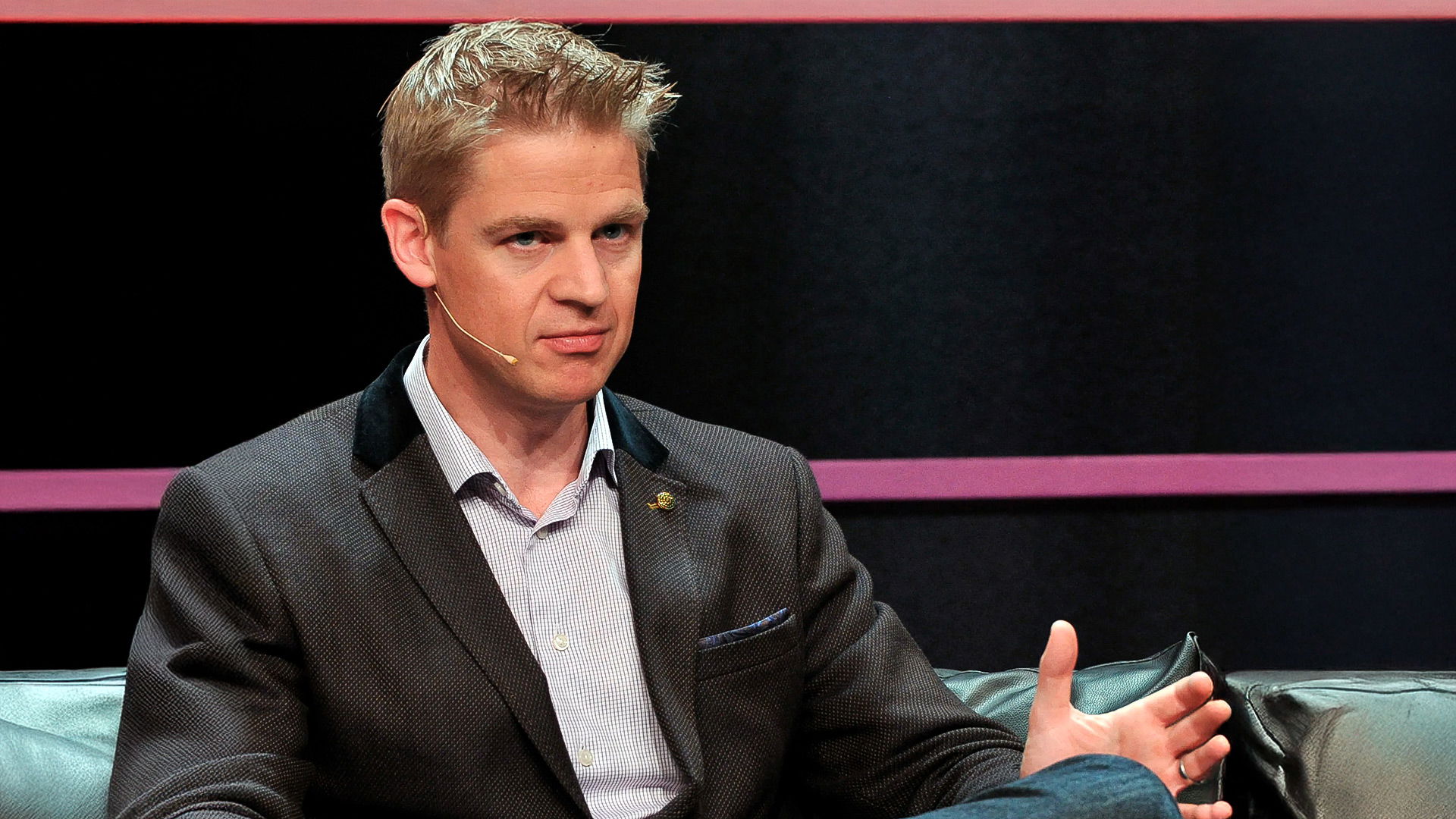Gambling
France considers turning to online casinos to boost public purse | ICLG

Facing a deficit almost twice that permitted by the EU, France is contemplating legalising and then taxing online gambling operators.
The French government, which may well be gazing enviously across the Channel at its UK counterpart’s trousering of more than GBP 3 billion in taxes on gambling businesses in the last fiscal year alone, is considering legalising online casino games in a bid to combat the proliferation of illegal gambling websites and generate desperately needed tax revenue. The proposal is part of the government’s 2025 draft budget, which was presented to the National Assembly for review earlier this week. If approved, the measure could have a substantial impact on both the national economy and the gambling industry.
The budget amendment, introduced as a potential remedy for the nation’s fiscal difficulties, proposes a tax rate of a hefty 55.6% on the turnover of online casino games. France’s public finances are currently struggling under the weight of a worryingly high deficit, which reached 5.5% of GDP last year, rather more than the 3% threshold set by the European Union.
The proposal arrives in the wake of a 2023 study conducted by the French gaming authority, L’Autorité Nationale des Jeux (ANJ), which highlighted the potential financial benefit of regulating online casinos, estimating that the gross revenue from illegal gambling platforms ranges between EUR 748 million and EUR 1.5 billion per year. By legalising online casinos, the government hopes to capture this revenue while curbing the influence of unregulated gambling operators based in tax havens.
THE CURRENT SITUATION
France has some of the strictest regulations on online gambling in Europe. Together with Cyprus, it is one of the few EU countries that entirely prohibits online casino games such as blackjack, roulette and slot machines. However – and somewhat anomalously – betting on horse racing and online poker are allowed, along with a state-run lottery overseen by La Française des Jeux (FDJ), the country’s sole lottery operator.
While the government views legalising online casinos as a strategy to weaken the grip of illegal operators, France’s existing casino industry fears that legalisation could have significant negative repercussions for brick-and-mortar casinos.
Grégory Rabuel, President of the Casinos de France trade association, cited several concerns in an interview with French media. “According to our calculations, opening up online casinos to competition will lead to a drop in the gross gaming revenue of land-based casinos of around 20 to 30%, and the closure of 30% of establishments,” he stated. He subsequently posted on X that any future regulation of online casinos must include cooperation with physical casinos: “If the online casino market were to open up one day in France, it would have to be done exclusively with the help of physical casinos. It is a question of responsibility, security, and the defence of local areas.”
ANJ spokesperson Elsa Trochet-Macé also remains unconvinced about the proposed legalisation. In a statement, she remarked: “This is a complex question insofar as the online casino offer is particularly addictive. Nor is it certain that the opening of this new offer will automatically dry up the illegal offer.” She added, “Finally, we must be careful not to weaken our network of more than 200 land-based casinos.”
The French government further argues that legalising and regulating online casino platforms will reduce the public health risks associated with gambling addiction by enabling more effective oversight of the industry.
FRANCE’S FISCAL STRUGGLES
The push for legalisation comes as France grapples with a worsening fiscal situation. At the end of September, Budget Minister Laurent Saint-Martin revealed that the public deficit for the current year might exceed 6%. Addressing the National Assembly, Saint-Martin stated, “I hope and I propose that together we make the choice of turning things around.” As the government seeks to limit spending, it is also looking for new revenue sources to address the deficit. France’s budgetary challenges have been partly attributed to a drop in tax income, as economic growth has recently been driven by exports rather than domestic consumption, resulting in lower VAT receipts.
The decision to legalise online casino games will likely continue to stir debate in the coming months as the country balances fiscal recovery with concerns about public health and industry stability.










